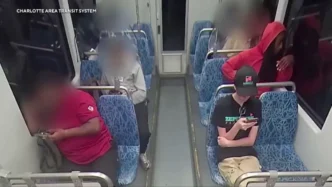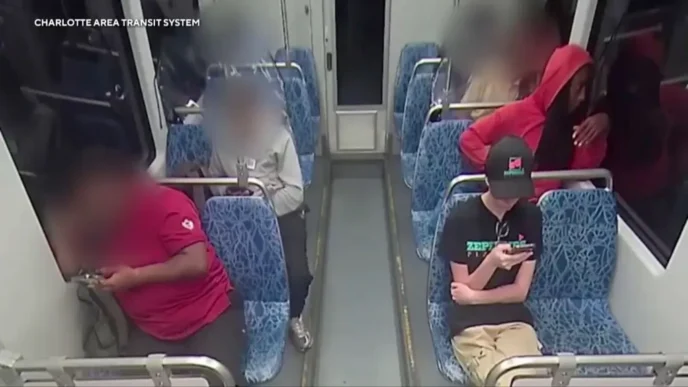The papal conclave is set to commence 15 to 20 days following the death of Pope Francis. This closed-door assembly of the College of Cardinals, restricted to 120 electors under current regulations, will convene inside the Sistine Chapel, initiating proceedings with a mass. In the afternoon, the first ballot will be conducted. After each voting round, ballots are burned; black smoke indicates an inconclusive vote, while white smoke signifies the election of a new Pope.
Conclaves can vary greatly in duration, sometimes concluding in a single day, while others have historically extended for years. Below are some notable examples of the longest and shortest conclaves:
The Longest Conclaves
-
Conclave of 1268–1271
Length: 2 years, 9 months
Location: Viterbo, Italy
Reason for delay: Deep divisions among the cardinals, especially between French and Italian factions, led to an impasse. Local magistrates resorted to locking the cardinals in and even removed the palace roof to expedite a decision.
Result: Election of Pope Gregory X -
Conclave of 1314–1316
Length: 2 years, 3 months
Location: Lyon, France
Reason for delay: Political conflict between French and Italian cardinals.
Result: Election of Pope John XXII -
Conclave of 1415–1417
Length: 2 years
Location: Constance (part of the Council of Constance)
Reason for delay: Aimed at resolving a major schism within the church, which had multiple papal claimants.
Result: Election of Pope Martin V, effectively ending the schism.
The Shortest Conclaves
-
Conclave of 1503 (October)
Length: A few hours
Elected: Pope Julius II
Context: Giuliano della Rovere, a powerful cardinal with widespread support, was elected almost immediately after proceedings began. -
Conclave of 1939
Length: 1 day (March 1–2)
Elected: Pope Pius XII
Context: Eugenio Pacelli, the Secretary of State under the previous pope, Pius XI, received overwhelming support on the third ballot. -
Conclave of 2005
Length: 2 days (April 18–19)
Elected: Pope Benedict XVI
Context: Cardinal Joseph Ratzinger, a renowned theologian and Dean of the College of Cardinals, was elected swiftly after just four ballots.












